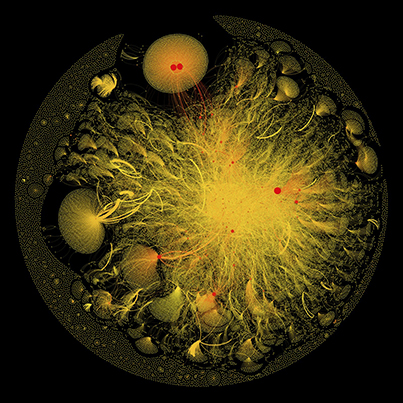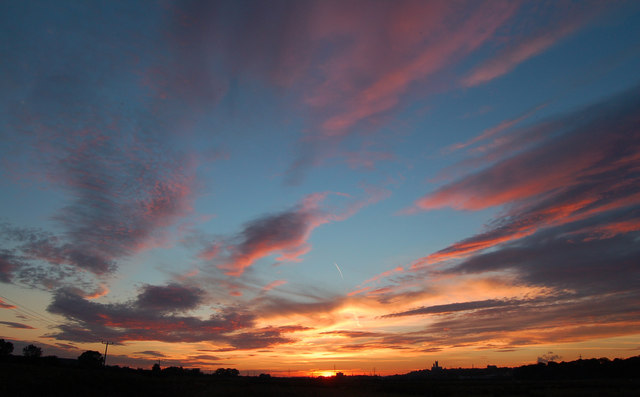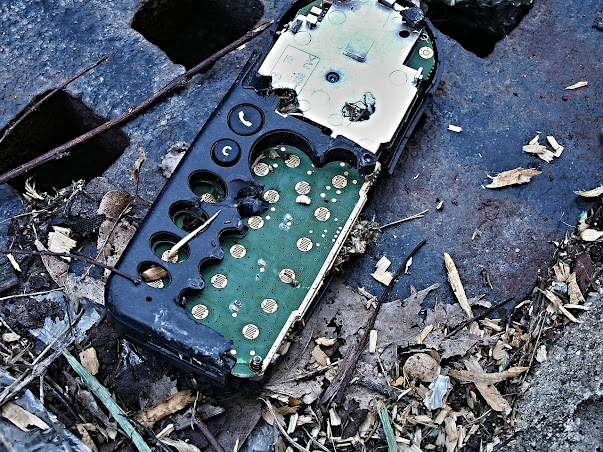Introducing myself and this blog
Hello!
This post is to introduce myself and to tell you a bit about why I'm writing this blog.
I've got to the part of life where, as the stories have it, you sit under the olive tree and watch your grandchildren playing. I don't have great pressures on me to get stuff done any more, to make my fortune, to find 'the one', or even to make a mark in the world. But what I want to do is to use my personal library of knowledge about being human to help other people navigate the sometimes choppy waters of mental health.
So here's my story:
In February 2016 I was told that I had breast cancer. It was a strange kind of telling, because of course I had been for tests and so knew it was a possibility. Quite a high one considering my age and gender, and the fact that I had had about a year of serious fatigue before this quest even started. The fatigue was the reason for the tests, and the tests were for cancer. So I had prepared myself for bad news.
Over the next few weeks I had one test after another, each one signifying a worse prognosis. I came to learn, like Pavlov's dogs, that each visit to the breast clinic inevitably led to worse news than before. I needed a double mastectomy and probably chemo. We also discovered that I have a heart condition which on its own was not particularly worrying but nearly killed me when I got a post-op infection.
I faced it. I suppose that being a doctor myself I have a rather detached way of thinking about such things. And the breast surgeon and my husband both being so very clear and methodical encouraged me to stay there. And from that position of clarity I saw that this was the worst thing that had ever happened to me. And that I might die. And although this news meant I couldn't be disappointed, it made me want to panic. It made me grieve for the life I had wasted. It made me furious that I had lived as if I were what my parents wanted instead of being who I am. And for my children who grew up seeing me limping through my life instead of skipping.
So, a day or two after hearing the bad news, I decided that I would spend the rest of my life making cancer the best thing that ever happened to me. Could I, through my actions now, get to a place where facing my death could bring greater understanding and perspective on what life is and how best to live the time that is left to me?
I faced it. I suppose that being a doctor myself I have a rather detached way of thinking about such things. And the breast surgeon and my husband both being so very clear and methodical encouraged me to stay there. And from that position of clarity I saw that this was the worst thing that had ever happened to me. And that I might die. And although this news meant I couldn't be disappointed, it made me want to panic. It made me grieve for the life I had wasted. It made me furious that I had lived as if I were what my parents wanted instead of being who I am. And for my children who grew up seeing me limping through my life instead of skipping.
One of the more useful psychological techniques I have learned through being a psychiatrist for nearly 30 years is that a change of perspective can show you possibilities you didn't have the headspace for at first. And one of my favourites is: when a person says that an experience is the worst thing that ever happened to them, to talk to them about how they can make it the best.
The best thing that ever happened.
I realise this sounds at first like absurd and platitudinous wishful thinking, but in fact it helps the person get a grasp on something that they can do for themselves, it can give them hope for a better future, and can even sometimes change their life around.
So, a day or two after hearing the bad news, I decided that I would spend the rest of my life making cancer the best thing that ever happened to me. Could I, through my actions now, get to a place where facing my death could bring greater understanding and perspective on what life is and how best to live the time that is left to me?
Yup. And this isn't some kind of spiritual woo woo blog about preparing for death. (Although there will be some posts thinking about that). It's about giving back what I have learned to people who like me want to develop emotionally as much as we can in this short life, and want to help others who are suffering.
Who am I?
In my working years I have done my limping best to serve as an NHS adult psychiatrist. I have learned much from my patients, colleagues and other services, from my children and my friends, and from giving and receiving therapy and learning personality psychology, about what living a life might be about, what helps people get the most out of it and what gets in the way. And how so often the way we tend to think about mental health is slightly (or sometimes radically) off. And finally I have learned more than I ever imagined from mindfulness meditation which has a power to illuminate and bring contentment to the whole glorious mess of being human.
Mine is an intensely personal take and likely to be useful only to some, and make no sense at all to many. Bear with me, like everyone else I'm learning as I go along.
I can't wait to get started!
Copyright C Rogers 2021
Copyright C Rogers 2021

.jpg)


Thanks for sharing your story. I do hope you keep writing, I could learn a lot from you!
ReplyDelete